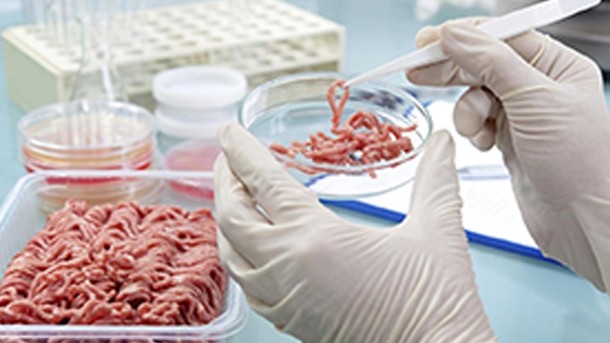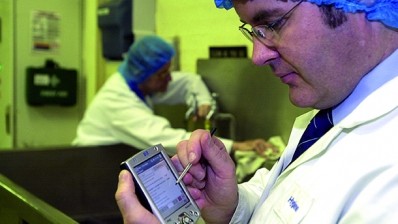Manufacturers could be hit by fewer local authority inspections

The fall in food inspections – down by 15% since 2003 – meant it was becoming ever more critical for producers to demonstrate that the correct measures were in place to ensure standards were met, said Martyn Gill, md for Europe, the Middle East and Africa at InfinityQS.
Gill believed all that was needed was one high-profile incident to capture the media’s attention. This, combined with the data already available regarding the lack of inspections, and the fallout would have “serious ramifications”.
The figure, equal to almost 47,000 inspections, had led to concerns for public safety, Gill suggested. It was obtained by a Freedom of Information request by InfinityQS to the Food Standards Agency.
Budgetary squeeze
With the decline attributed to a budgetary squeeze, Gill said industry practitioners, health lobbyists and consumer watchdogs had been quick to demand action is taken to reverse the trend, which could have huge implications for those parties operating within these supply chains.
“Food safety needs to focus on prevention, not reaction. It’s clear from the findings that the lack of inspections is being noted and we’ll likely see greater lobbying to address this,” said Gill.
“It’s integral those involved within the supply chain take action now and review existing quality control measures and processes.”
Supporting system of prevention
For food manufacturers, supplier verifications, qualifications, certifications and third-party audits were all integral in supporting a system of prevention, Gill said. However, he claimed they needed to be reinforced with effective process control technologies.
“Too often, organisations focus on ensuring that their processes are geared towards ‘after-the-fact’, ignoring in-process detection and prevention,” he said.
This could lead to an inspector or customer picking up problems, which would be catastrophic.
“For food manufacturers, it’s imperative they ensure effective process control technologies are in place within their production lines, which can alert them to real-time issues,” argued Gill.















